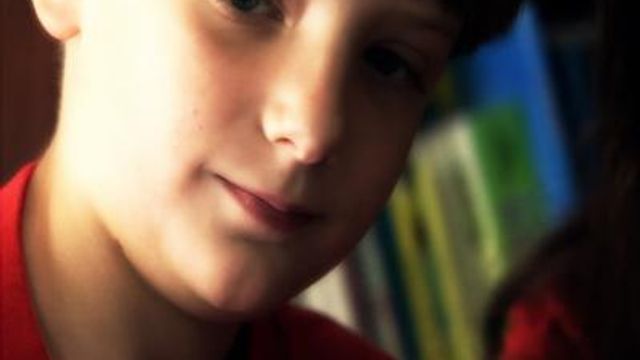Computer helps boy with autism learn to speak
Autism is a brain development disorder that usually manifests itself by age 3. It is characterized by verbal, social and emotional impairments that rob children of words and often render them incapable of interacting with others.
Posted — UpdatedAustin, 9, was diagnosed with autism more than five years ago.
"I couldn't hear anything else that (the physician) said. I was just devastated," Liz Hodges said, recalling the day she received the diagnosis about her son.
Autism is a brain development disorder that usually manifests itself by age 3. It is characterized by verbal, social and emotional impairments that rob children of words and often render them incapable of interacting with others.
Austin had seemed like a perfectly normal boy, speaking all sorts of words, before the words and his smile vanished, Hodges said.
"He went from 'Mommy, I want juice,' to 'Juice, Mommy,' to nothing at all," she said. "He started withdrawing from other children, not really wanting to play with them."
Precise numbers are hard to come by, but surveys show as many as 500,000 children in the U.S. have been diagnosed with autism.
For Austin and other children with autism, a game of chase isn't merely child's play. Such active therapy helps them learn to function and speak.
"It creates a lot of motivation, and there's all kinds of opportunities to build language," therapist Jennifer Haddock said.
Medical insurance pays for some of Austin's therapy, but many insurance policies don't cover autism treatment. Advocates are working to change that.
Austin primarily communicates by pointing to icons of things and activities displayed on a portable computer.
"There's no guarantee that this will work, but we have hope for it every day," Hodges said. "What we're striving to do (is) to make him a functioning part of society again."
She participates in her son's daily therapy and works weekends as a nurse.
"When that child puts his arms around me, that keeps me going, that keeps me with all the energy I need," she said.
Hodges said she has asked herself why she has to deal with autism. There was nothing in her family history to indicate Austin would develop the disorder.
"God gives us all a purpose, and I think the reason for me being on this Earth is to be Austin's mother," she said. "God gave me to him."
• Credits
Copyright 2024 by Capitol Broadcasting Company. All rights reserved. This material may not be published, broadcast, rewritten or redistributed.





